.png)
The New Ganja Regime
11:13 am, Wed October 1, 2014
.png)
The Government of Jamaica on Tuesday announced plans for sweeping changes to the country's anti-ganja (marijuana) regime, contained in the Dangerous Drugs Act.
Justice Minister Mark Golding revealed that Cabinet had given approval for amendments to the Act, to allow for the use and possession of ganja for medical and research purposes.
The definition of hemp will be inserted in the Act and there will also be licensing regime.
In a follow-up to that announcement, Senator Golding spoke with host Dionne Jackson Miller on RJR's current affairs show, Beyond the Headlines, on Tuesday afternoon.
Below are the main excerpts from the interview. You may also click on the audio icon above to access the full interview.
DJM: Senator Golding... tell me: Significantly, what’s going to change?
MG: The announcements today were really dealing with the economic side of it, which is the possibility for Jamaica to have a regulated, lawful medicinal ganja industry, and also, industrial hemp. We had indicated, sometime – I think it was in June - when we announced the changes in the law dealing with possession of small quantities and so on, that we would also be looking at trying to develop a framework that would allow Jamaica to take advantage of the opportunities that exist for a medical ganja industry and also for industrial hemp.
This is an area where many countries have pursued the opportunities and have reaped some rewards. We had an Inter-Ministerial Cabinet Sub-Committee that was looking at it, and I took a submission to Cabinet in July, based on the proposals that we had developed in that Inter-Ministerial Sub-Committee, and it was last week Monday that Cabinet approved the submission.
Many have been calling for Jamaica to have an industry that we can participate in and earn revenues from, and medical marijuana is increasingly seen as an opportunity for new therapies and new products to treat a variety of ailments to be developed from.
We think Jamaica has a competitive advantage in this area, because of our climate and because of our history as being ganja producers – albeit for unlawful, illicit industries, but the fact is that there is quite a bit of know-how and knowledge in Jamaica about cultivation of ganja and we feel that if we apply research methods to that and you regulate it through a licensing system… we should be able to produce products that will be in demand.
DJM: You mention a licensing system that’s to be established. Any ideas what would be involved in that, or what that would require?
MG: We’re going to have a licensing authority for this. A decision will have to be taken as to whether we’re going to establish a new entity for that, or ascribe those responsibilities to an existing entity, but there will be a licensing authority that will review applications for licences. The details as to what the terms and conditions of those licences will require, those we will work out and we plan to do that while the legislation to enable the framework to be implemented is developed and passed – clearly (we’ll) use that period of time to develop specifics as to what the actual rules that govern the game… will be.
In doing so, we plan to consult extensively with persons who are interested in getting involved in this. So, we will be moving forward in a consultative mode, but in a way that ensures that whatever regime we come up with meets the standards of the UN Single Convention and the other treaties that we’ve signed on to.
DJM: Sounds like still a long way to go before we see this actually coming to Parliament?
MG: It will take some time. First of all, as you know, we have implemented the expungement regime, and that was passed in the House today (Tuesday); it had been passed in the Senate in July. So, once the Governor General gives his assent, that will become law and persons who have past convictions for small quantities of ganja or smoking, will be automatically to get it expunged; all they have to do is submit an application to the Ministry of Justice, and anybody who happens to be convicted, going forward, will not have a criminal record.
Then the law dealing with changes to the penalties for smoking and possession of small quantities, that is now drafted and is being finalized within the ministry, and I hope to take that to Legislation Committee soon… in October, and get it to Parliament early in November, or thereabouts.
Then, (for) this particular aspect of things, I’m thinking, hopefully by the end of the first quarter of next year, we will have passed the enabling framework in Parliament and will have gone a good distance, if not all the way, towards developing the specific rules that will govern the sector, so that in the second quarter we could start receiving applications for licences.
DJM: So, investors can start getting their funds together?
MG: Well, I expect that there will be people who see this as an opportunity. But having said that, whatever scheme we come up with… we want it to be in a manner that is inclusive, especially of the smaller farmers, who have carried the industry in its existing form for many decades, and we want those who want to come on board as lawful licensed farmers to produce medical ganja, that they have the opportunity to do so. So, the regime that we come up with must take into account the social realities of Jamaica and not just allow this to become something that’s dominated by very big players.
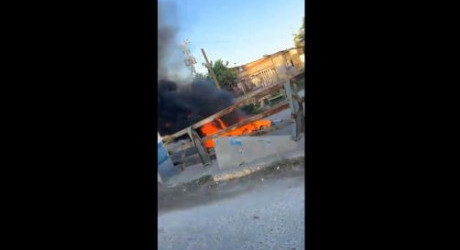
9:32 am, Sat April 20, 2024
.jpg)
5:08 pm, Wed April 17, 2024
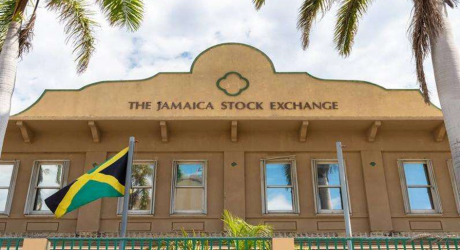
7:07 pm, Wed April 17, 2024

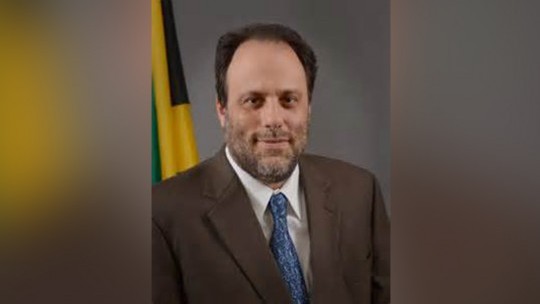
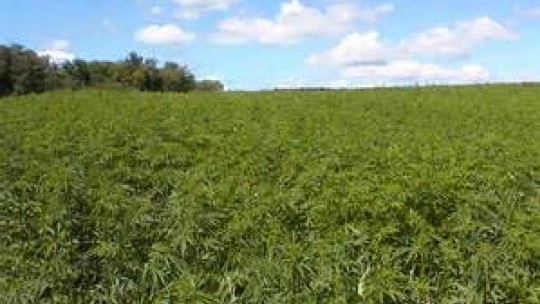
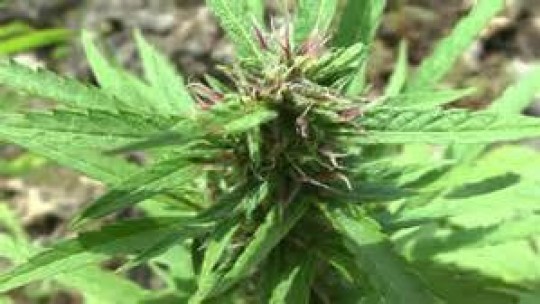






 All feeds
All feeds







